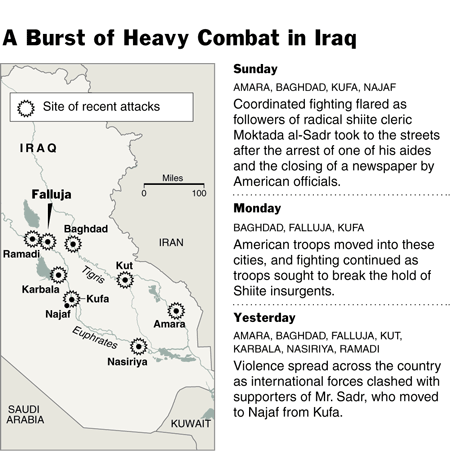Initiative profiteer Tim Eyman has decided that this year, rather than tell his supporters he's going to ask for donations if he's successful, and then, despite failure, ask anyway, that he'll start a little early.
Eyman is helping himself to a $3,100-a-week salary from campaign contributions to his new initiative, which would open up the state to gambling and pretend to cut state property taxes by $400 million.
For the next 15 weeks, until the July 2nd petition deadline, Eyman will collect about $46,500 total in funds.
This new revelation is not shocking or monumental. Rather, it is just another confirmation that Eyman's initiative factory has always been about business and not about policy.
Read the full statement at Permanent Defense.




